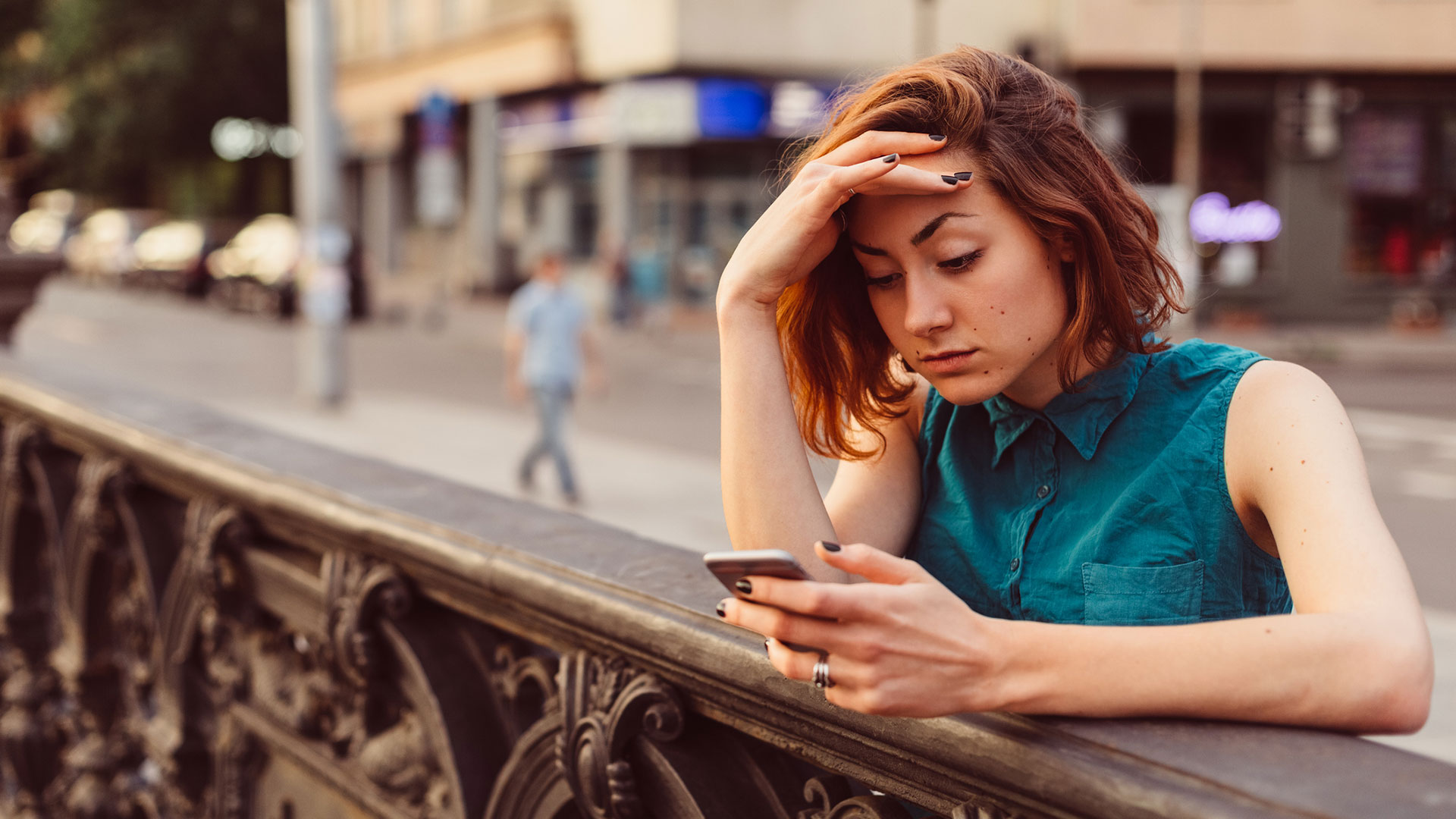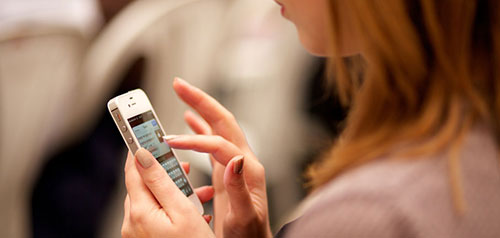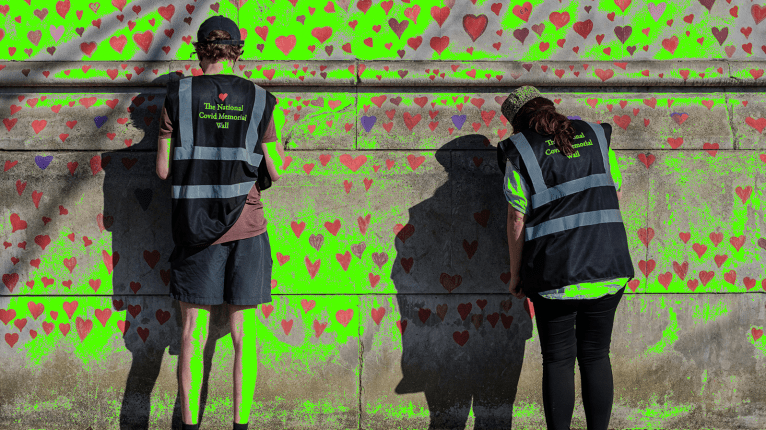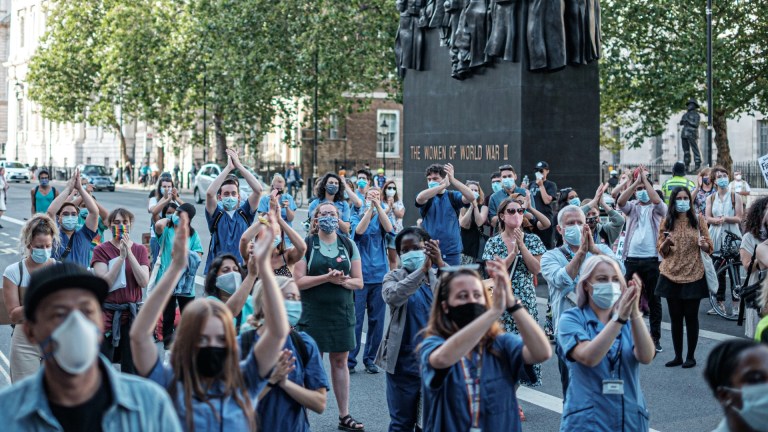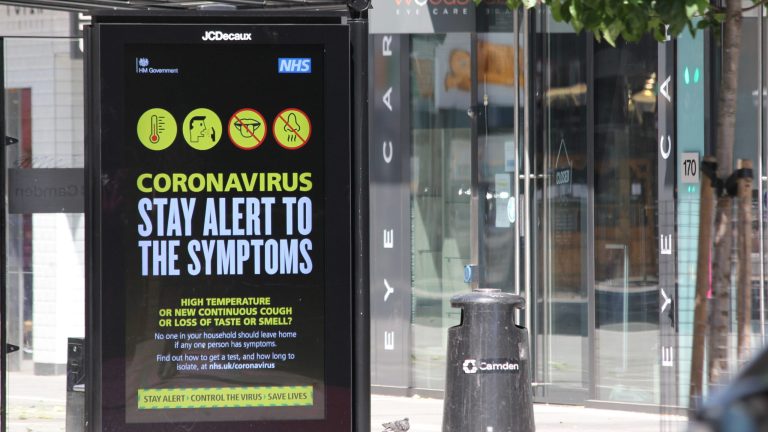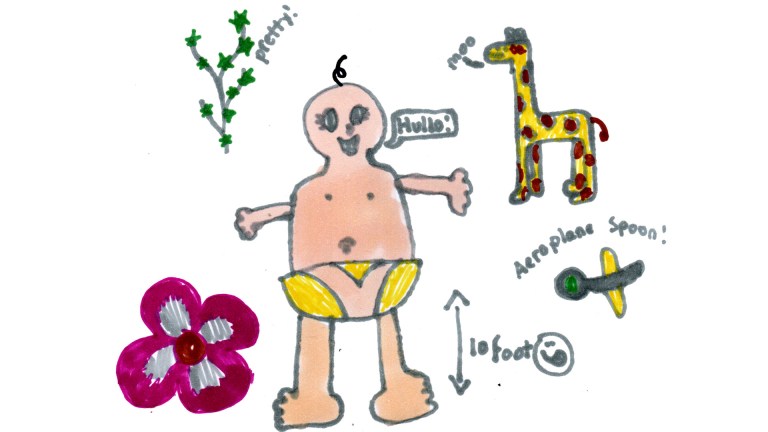Social media provides a platform for interaction and distraction that can counter isolation and loneliness, but the digital world of follows and likes is also blamed for a rise in anxiety, lower levels of self-esteem and insecurity. Or the complete opposite if you’re President of the United States. Either way, it can be addictive. But why?
Studies show that people who use Facebook for over two hours per day are almost three times more likely to suffer from depression. But does social media increase depression or does depression increase social media use? It likely works both ways, creating a cycle; the more depressed someone is, the more they use social media and the worse their mental health will become.
1. GREAT EXPECTATIONS
Every post, share, like, comment or invitation creates an expectation and anticipation that a sense of belonging and connection will be generated.
Every post creates an expectation that a sense of belonging will be generated
2. GETTING STIMULATED
One brain region involved is the nucleus accumbens, considered to be the brain’s reward centre because it responds to a variety of rewards including money, sugar, and positive social feedback.
